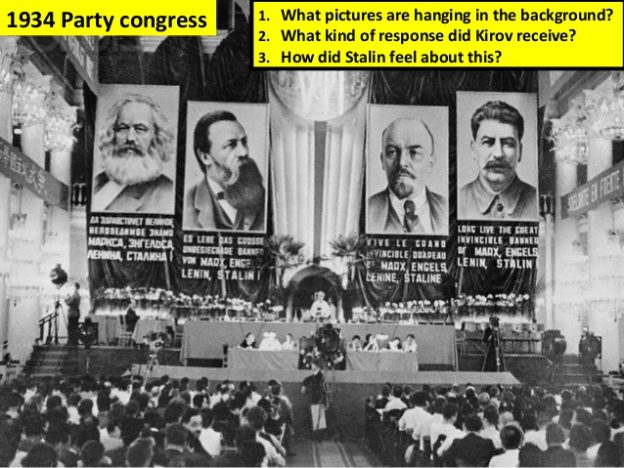We would do well to remember that, like equality before the law, so, too, do the institutions of private property and freedom of contract form the foundation of a free society ~ilana
In May this year, the British Columbian Human Rights Advisory Council handed its interim report to members of the Legislative Assembly. In the report, the Council urged members of the legislator to expand the Human Rights Code to include new grounds for protection.
The Advisory Council is an arm of the tripartite Human Rights organization, which also consists of the Human Rights Commission and the Human Rights Tribunal. A bureaucratic mouthful, I know, but bear with me. Here is the broad and short of it: the Human Rights Commission decides who is in need of protected-species designation. The quasi-judicial Tribunal then acts on these definitions in the substance of its decisions. And the Advisory Council? I honestly can’t tell you. Its work clearly entails more than a bit of duplication and overlap. Why, the Council’s May report is almost a carbon copy of the Commission’s 1998 report entitled “Human Rights for the Next Millennium.”
That one arm of the structure serves as an ideological echo chamber to the other is no surprise. It does become a little annoying considering the Council is supposed to be more responsive to the community and its needs, than to its apparatchiks. But never mind the bureaucratic machinery, more compelling is the recommendation to include in the Code protection against discrimination on the basis of “social conditions”. At present, the Code protects against discrimination on the grounds of race, color, ancestry, place of origin, religion, marital status, family status, physical or mental disability, sex, sexual orientation and age.
What does “social conditions” mean? It means that those who receive social assistance, as well as single women and single mothers, will enjoy protection under the Code. Ideally, the Commission would prefer an even broader protection for the poor so as to prevent discrimination against a person based on his standing in society “as determined by his/her occupation, income or education level or family background”. Does this mean that a complaint might be lodged against me if I refuse to lease an apartment to someone with bad credit? Am I not rejecting him on the basis of his “income,” or lack of it? You get the picture: we are looking to create a formidable expanse of potential grievance.
Should this impetus fall short of government approval then the Commission will settle for the narrower grounds of “lawful source of income.” This means that no discrimination in “accommodation, service, facility, purchase of property, and employment,” can be levied at the recipient of welfare monies, or at the recipient of any “legal non-wage incomes.” In the likelihood the legislature fails to approve this change, the Commission will allow that protection against discrimination based on “lawful source of income” be confined to tenancy alone. Does this, by any chance, overlap with other legislation? You bet: By the Commission’s own admission, Section 81 of the residential Tenancy Act already covers theses grounds. What’s the point, then? It’s hard to tell.
Let us examine the kind of transactions the changes to the Code could catch. Could this quest for social equality and economic security force retailers to lower prices because these discriminate against those who can’t afford the merchandise? It might become an offense for a landlord to refuse to lease an abode to someone who can’t pay the rent. Could banks be forced to loan money to the indigent with no expectation of a return? After all, denying and indigent person a bank loan is discriminating against the person on the basis of income. And where in all this is the right of a property or franchise owner to make decisions that safeguard his or her acquisitions? If you think these scenarios are absurd, think again: The Human Rights Tribunal has hitherto heard some outlandish cases.
The real question is the continual expansion of the definition of human rights. Increasingly social conditions like poverty and the shortage of affordable housing are cast as human rights infractions. The human rights foot soldiers invariably bolster this claim by invoking Canada’s obligations as a signatory to the various UN covenants. A UN covenant like the International Covenant on Economic, Social and Cultural Rights, maintains that “freely chosen” desirable work is a human right. Adequate “rest and leisure” is also tucked in somewhere in that Covenant as a right.
If human rights legislation continues to hark to such covenants there is no reason why someone who hasn’t had a vacation, or has not reached the apogee of his career could not launch a complaint. Such an expansive view of human rights not only belittles true depredation and suffering but promises to turn every human need into an inalienable right and any unfulfilled need into a violation of human rights. Unmentioned as always are the rights of those who are roped by force into paying for these bogus rights.
In April, federal justice minister Anne McLellan launched a review headed by former Supreme Court Judge Gerard LaForest. It will examine the inclusion in the federal Human Rights Act of a person’s “social conditions” as grounds for a human rights complaint. If the federal Act extends protection against discrimination on the grounds of social conditions, B.C. is likely to follow suit. The result will lead both to the trammeling of property rights and the freedom to contract at will.
We would do well to remember that, like equality before the law, so, too, do the institutions of private property and freedom of contract form the foundation of a free society.
©1999 By Ilana Mercer
The Canadian Conservative Forum
Requested essay
August 17
CATEGORIES: Canada, Individual rights, Law, Left-liberalism, Private Property Rights

 print
print